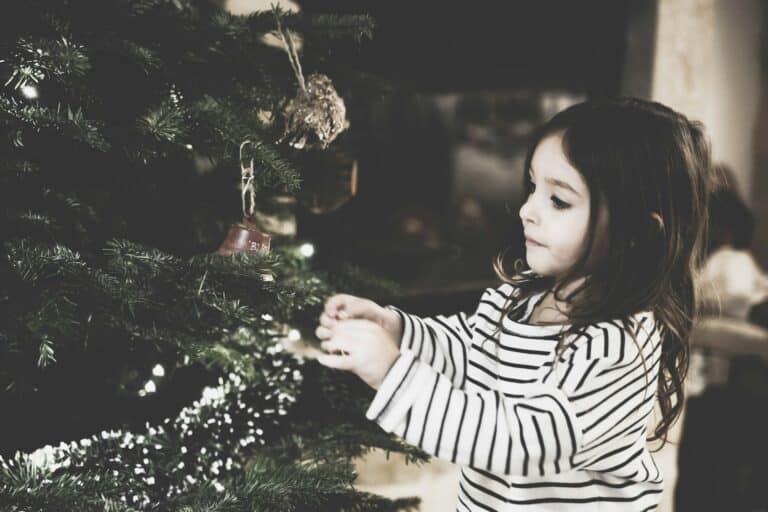Ali Hiebert shares the story and the rituals behind her reclamation ceremony after an organ transplant, where she reclaimed her voice and her power.
What is an organ transplant ceremony?
I am submerged in the ocean, 3 years out from the moment that split my life into a definitive ‘before’ and ‘after’, when the realization hits me that I am only alive because of death. Somehow that makes a moment like this one all the more sacred.
Three years ago, prior to the back-to-back liver transplants that would alter the course of my life forever, I worked with Megan to create my own organ transplant ceremony and then with Be Ceremonial to co-create the Organ Transplant ceremony in their App. I had little framework for what I wanted to happen during my first ceremony, only that I wanted a container to hold the experience I was about to go through. I had no idea then how profound the ceremony would be and how the experience would impact the rest of my life.
Earlier this year, after more surgeries and post-transplant complications, I received an email from Megan inviting me to spend some time with her in Vancouver for a top-secret project (details coming soon!) Without knowing much, I knew I had to say yes and so I booked my ticket.

One of the things that felt very important to me surrounding this trip was being able to swim in the ocean for my very first time. It was something I’d always dreamed of but it never felt accessible to me due to my medical limitations.
In the days leading up to my visit, Megan and I set an intention for my ceremony ~ reclaiming my voice and my power ~ and together we dreamed up the rituals that would feel the most nourishing for my healing journey. We then set a plan in place for how everything would come together.
I flew into Vancouver on a sunny Monday morning and within hours of my arrival, I knew this was exactly where I was meant to be. My heart felt ignited in ways I hadn’t felt previously, and that night I barely slept, full of excitement and butterflies. The following morning, Megan and I drove to the beach where we planned to hold our ceremony.
My reclamation rituals
We created a circle with flowers, shells and rocks to form a container, and tucked inside it’s edges I burned things I was ready to release. They were stories, beliefs and ideas I’d carried with me in my 3 years of being a transplant recipient, serving an old version of me that had existed then as something necessary to survive but no longer served the woman I am becoming.
And as I read those words, overcome with emotion I never expected, I was held in the circle we’d created and in Megan’s compassionate gaze. Being witnessed is a vital part of healing.

We then wandered the beach, finding rocks and objects that represented that which was being let go. As I held the rocks in my arms, having pried them out of the sandy earth, I remembered the sacred rage I had felt. I remembered how it had served me then by lighting a fire in me that I needed to survive, AND I also realized that I didn’t need that to be a defining part of my story now. My anger, which had protected me, could now be transformed.
I released the rocks into the ocean and followed them in. The powerful waves threatened to knock me off center, the water surprisingly cool. I dove beneath the waves, and when I resurfaced everything felt more vibrant than it had just moments before. I had been washed clean, purifying myself in the ocean waves.
When I emerged from the water, dripping wet and tingling with aliveness, we returned to that sacred circle. I wrote intentions for the person I am becoming on wildflower seed paper, with the invitation from Megan to bring them home with me to plant somewhere sacred (I chose to plant one of them near my son’s grave).
Finally, I read a poem I’d written to close the ceremony, a blessing that honours life and death, and all of the polarities that brought me to this very moment.
It was wildly different from my first ceremony, as I now held a new appreciation for the duality that surrounds organ transplant, and a deeper understanding of the unique grief that coats this entire experience. And while I knew the ceremony would be special, I didn’t know how important it was for me to be witnessed in my journey.
After the first year following my transplant, when the immediate crisis had ended, the support began to fade. Somewhere along the line, I’d taken that to mean I should be fine and no longer struggling with the collision of life and death that had taken place inside my body. Being on that beach with Megan, I finally felt safe to take off my armour and be seen and held as a whole person.
It’s a common theme in transplant: people are the sum of their parts. Bodies are separated, pieces are divided up, and there is little regard for transplant recipients as whole humans. It’s a line of thinking that is changing, albeit slowly, and things like ritual and dedicated holistic support are the beginning movements in a long chain of events.
How these rituals inspired me to become a transplant doula
The ritual support I received in the creation of my own ceremonies (and the framework Be Ceremonial offers) provided me the opportunity to launch myself in a new direction I never would have known about: one of becoming a transplant doula.
A transplant doula works with recipients and families pre, during, and post transplant, offering whole person support and a holistic framework for approaching an otherwise medical and isolated event. The term exists as part of this growing desire for ritual, ceremony and a return to patient centered care as it fits within the medical field and transplantation.
The transplant journey, while following the same medical format, is unique to each individual, and the work of a transplant doula fits within the framework of supporting and honoring the individualized experience and holding space for the paradox between life and death as it expresses itself.

If someone had told me, as I was facing my first liver transplant, how drastically my life would change, I would have laughed.
But somehow, standing on the beach, having just completed my reclamation ceremony, having now dedicated my life’s work to guiding others through similar processes and creating holistic, embodied circles of care in chronic illness and transplant medicine, I felt like I’m exactly where I’m supposed to be.





